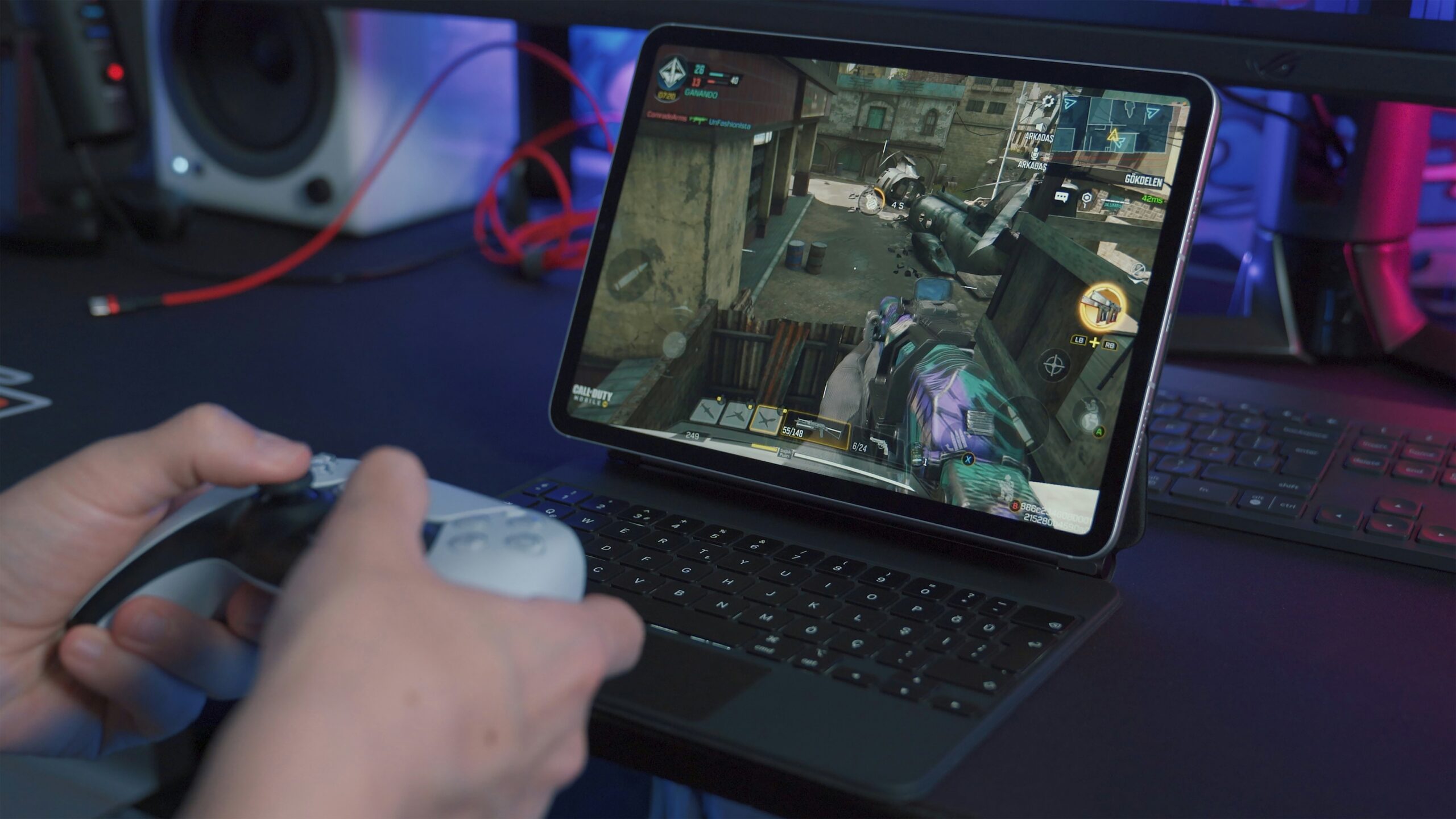Online Games for Education: Learning Through Playful Engagement
Education has evolved significantly in recent years, with the integration of technology becoming increasingly prevalent in classrooms around the world. One of the most effective and engaging ways to incorporate technology into education is through online games. These games not only make learning fun but also provide valuable educational experiences for students of all ages. In this blog post, we will explore the benefits of using online games for education and how they promote learning through playful engagement.
The Power of Play
Play is a natural and essential part of childhood development. It allows children to explore, experiment, and make sense of the world around them. When learning is integrated into play, it becomes more enjoyable and meaningful for students. Online games provide an interactive and immersive learning experience that captures students’ attention and motivates them to actively participate in the learning process.
Through online games, students can engage in hands-on activities, solve problems, make decisions, and collaborate with others. These games often incorporate elements of gamification, such as challenges, rewards, and competition, which further enhance the learning experience. By combining education with play, online games create a dynamic and stimulating environment that promotes critical thinking, problem-solving, creativity, and collaboration.
Benefits of Online Games for Education
There are numerous benefits to using online games for education:
1. Engagement and Motivation:
Online games capture students’ attention and motivate them to actively participate in the learning process. The interactive nature of these games keeps students engaged and encourages them to explore and discover new concepts and ideas. When students are motivated to learn, they are more likely to retain information and develop a deeper understanding of the subject matter.
2. Personalized Learning:
Online games can be tailored to meet the individual learning needs of students. They can adapt to students’ skill levels, providing personalized challenges and feedback. This personalized approach allows students to learn at their own pace and ensures that they are neither overwhelmed nor bored. By catering to individual needs, online games promote a more effective and efficient learning experience.
3. Skill Development:
Online games provide opportunities for students to develop and enhance a wide range of skills. These games often require critical thinking, problem-solving, decision-making, and strategic planning. They also promote creativity, collaboration, and communication, as many games involve teamwork and social interaction. By engaging in these activities, students develop essential skills that are applicable beyond the virtual world.
4. Accessible and Flexible:
Online games for education are accessible to students anytime and anywhere with an internet connection. This flexibility allows students to learn at their convenience, whether it’s in the classroom, at home, or on the go. Online games also provide opportunities for students to revisit and review concepts, reinforcing their learning and improving retention.
Conclusion
Online games have revolutionized education by providing a fun and engaging platform for learning. By integrating education into play, these games promote active participation, critical thinking, problem-solving, and collaboration. They also offer personalized learning experiences, develop essential skills, and provide flexibility and accessibility. As technology continues to advance, online games will play an increasingly vital role in education, preparing students for the challenges of the future.

